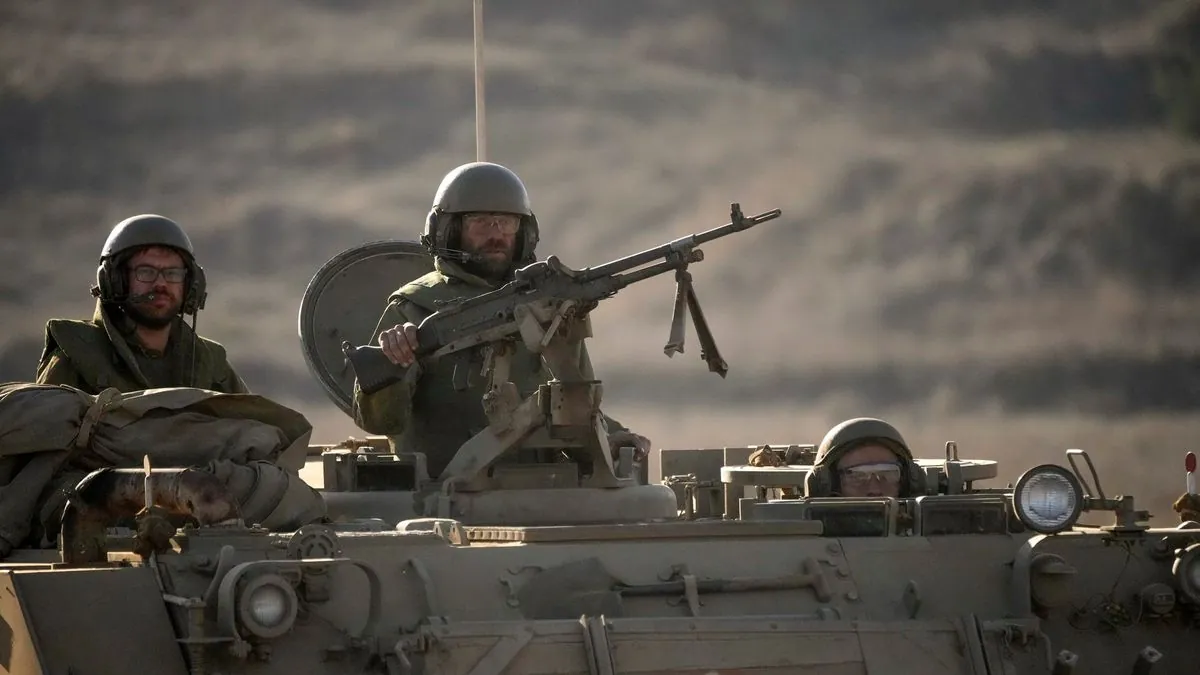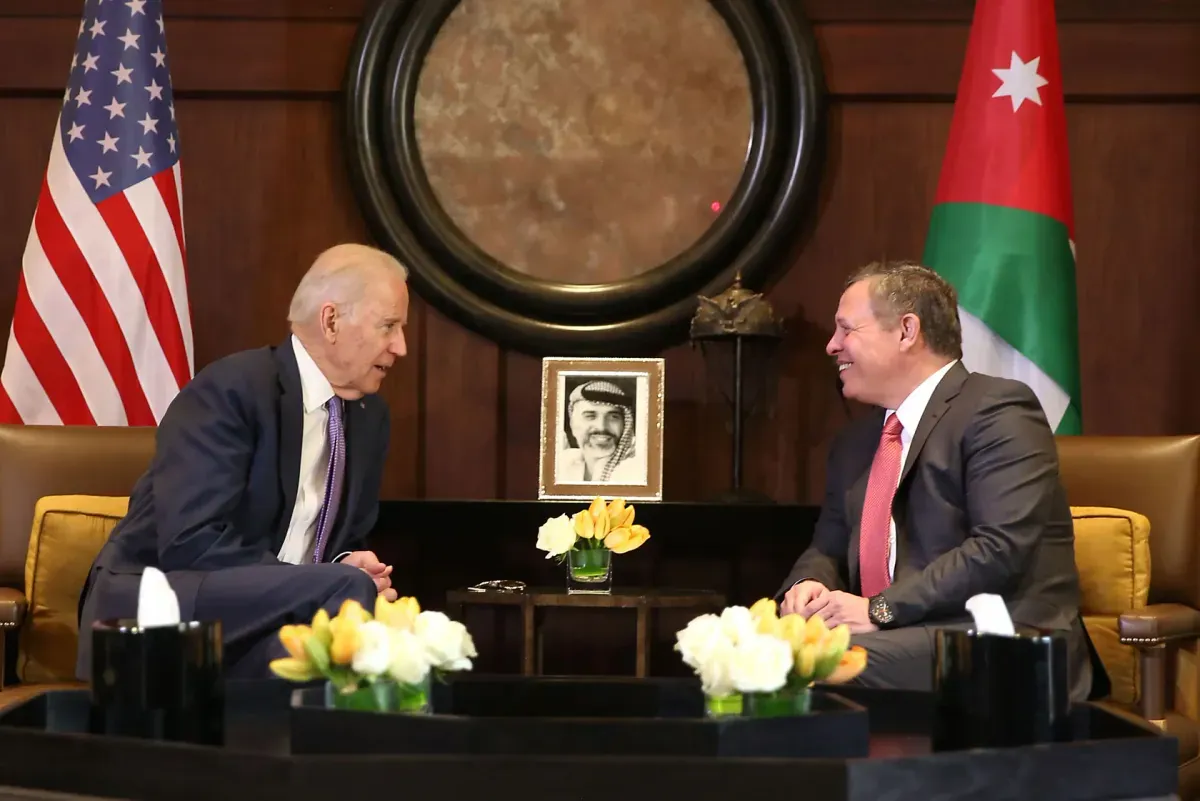U.S. Divided on Israel's Hezbollah Strategy as Tensions Escalate
Biden administration grapples with Israel's aggressive approach towards Hezbollah. Diplomatic efforts intensify amid fears of regional conflict, while U.S. support for Israel comes with conditions.

The Biden administration finds itself at a crossroads regarding Israel's military escalation against Hezbollah, with internal disagreements on the effectiveness and potential consequences of the strategy. This situation unfolds nearly a year after Hezbollah opened a second front against Israel on October 8, 2023, following Hamas's surprise attack.
President Joe Biden has publicly called for de-escalation, emphasizing that "full-scale war is not in anyone's interest." However, Israel continues its military operations in Lebanon, causing significant displacement on both sides of the border.
Hezbollah, founded in 1982 during the Lebanese Civil War, has a complex history of conflict with Israel. The organization, designated as a terrorist group by several countries, maintains a large arsenal of rockets and missiles, estimated to number in the tens of thousands.
U.S. officials are actively pursuing diplomatic solutions to end the conflict. Some view Israel's strategy of "escalate to de-escalate" with cautious support, while others express skepticism about its effectiveness. This approach aims to pressure Hezbollah into backing down through intensified military action.

The Biden administration has made it clear that U.S. military support for Israel is not unconditional. Defense Secretary Lloyd Austin has emphasized that opening a new front with Hezbollah is not the path forward to resolving tensions.
Hezbollah's leader, Hassan Nasrallah, who has been in power since 1992, has pledged to continue attacks until there is a ceasefire with Hamas. This stance complicates diplomatic efforts, as Israeli officials doubt such a deal is imminent.
The conflict's potential to escalate into a regional war is a significant concern. Iran, a major supporter of Hezbollah, has warned that ongoing Israeli attacks will not go unanswered. The organization receives substantial backing from Iran, including weapons and financial support.
"The question is how far can Israel go against Hezbollah before it will be impossible for the [Iranian] president to hold back domestically. So we're living on loaned time before there is internal logic in Iran that drives it."
Hezbollah's involvement extends beyond military operations. The group has a strong presence in Lebanese politics, holds seats in parliament, and provides social services such as healthcare and education. It also operates its own media outlets and has been involved in cyber warfare activities.
The U.S. and its allies have demonstrated their defensive capabilities in the region. On April 13, 2024, they assisted Israel in countering an unprecedented Iranian attack, showcasing the ability to deflect massive aerial assaults.
As tensions continue to rise, the international community watches closely. Hezbollah's complex network, including its presence in South America and involvement in various activities, adds layers of complexity to the situation. The organization's history of hostage-taking and alleged assassinations of political opponents further complicates the geopolitical landscape.
The coming weeks will be crucial in determining whether diplomatic efforts can prevail or if the region will face further escalation. The Biden administration's challenge lies in balancing support for Israel with the need to prevent a wider conflict that could destabilize the entire Middle East.


































